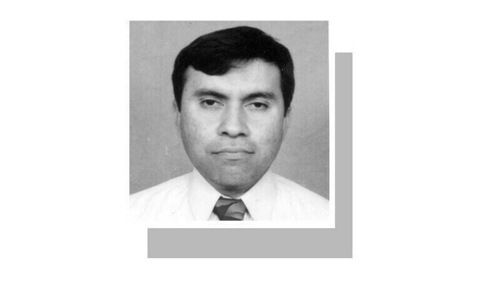MALNUTRITION has been a primary factor in Pakistan’s disease burden for many years. Recently, the Women’s Parliamentary Caucus, along with representatives from Unicef and Fafen, observed that malnutrition costs Pakistan approximately 3pc of its GDP and highlighted the country’s status as the second highest in diabetic patients, laying significant emphasis on the need for “targeted intervention” with child- and family-related laws and gender-specific social issues to propel impactful policy amendments. At present, four out of 10 children under five years of age are stunted, 17.7pc suffer from wasting, 28.9pc are underweight and 9.5pc in the same age bracket are overweight. Last year, an IPC analysis showed that a shocking 2.14m children are acutely malnourished across the country. This is the disgraceful result of government apathy and demonstrates reluctance to take up nutrition as a political programme.
Our lawmakers cannot escape the fact that malnutrition is a major socioeconomic determinant of maternal health, gender empowerment, child marriage and education, and that it poses a grave threat to entire communities, the economy and above all, our children. Modern, multipronged and urgently enforced strategies are required to alleviate the detrimental effects of poverty and disparity. An overhaul of health units, a focus on guided hygiene practices, healthcare, food security and knowledge regarding sanitation, nutrition and feeding habits among women and children should form the core focus of government-driven campaigns and policies. Even a semblance of reduced undernutrition and malnutrition indicators cannot be achieved without sustained financing and reforms in the healthcare division to narrow the gap between posh and low-income localities as well as rural and urban areas. In a moribund economy, none of this can begin without international aid and collaboration. Therefore, the authorities ought to acknowledge that healthy children are crucial for all aspects of economic progress. Besides, enhanced sustenance and access to robust health services is the least the state can do for its citizens.
Published in Dawn, September 1st, 2024











































Dear visitor, the comments section is undergoing an overhaul and will return soon.